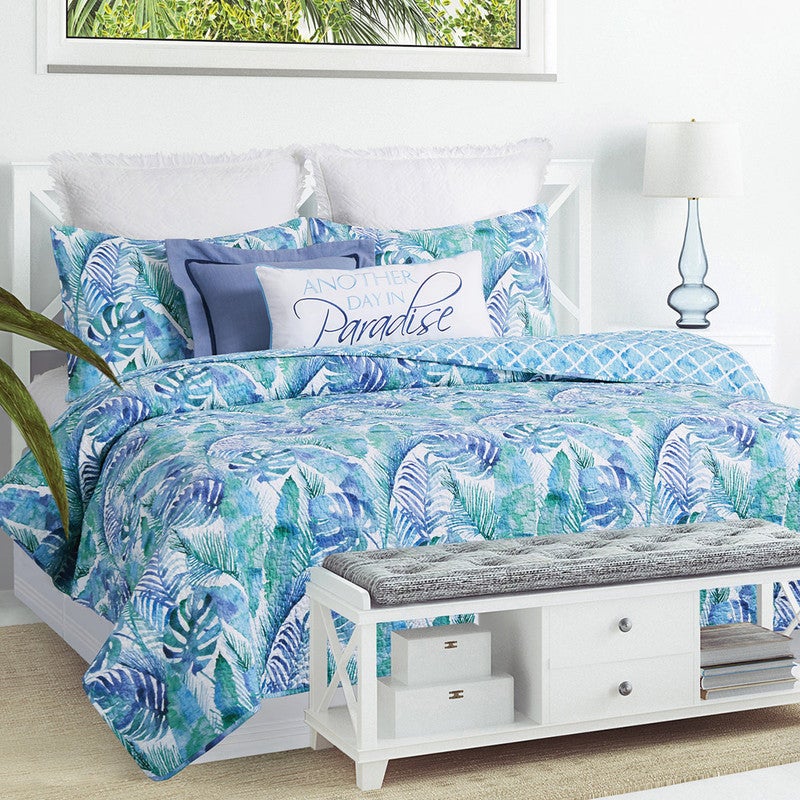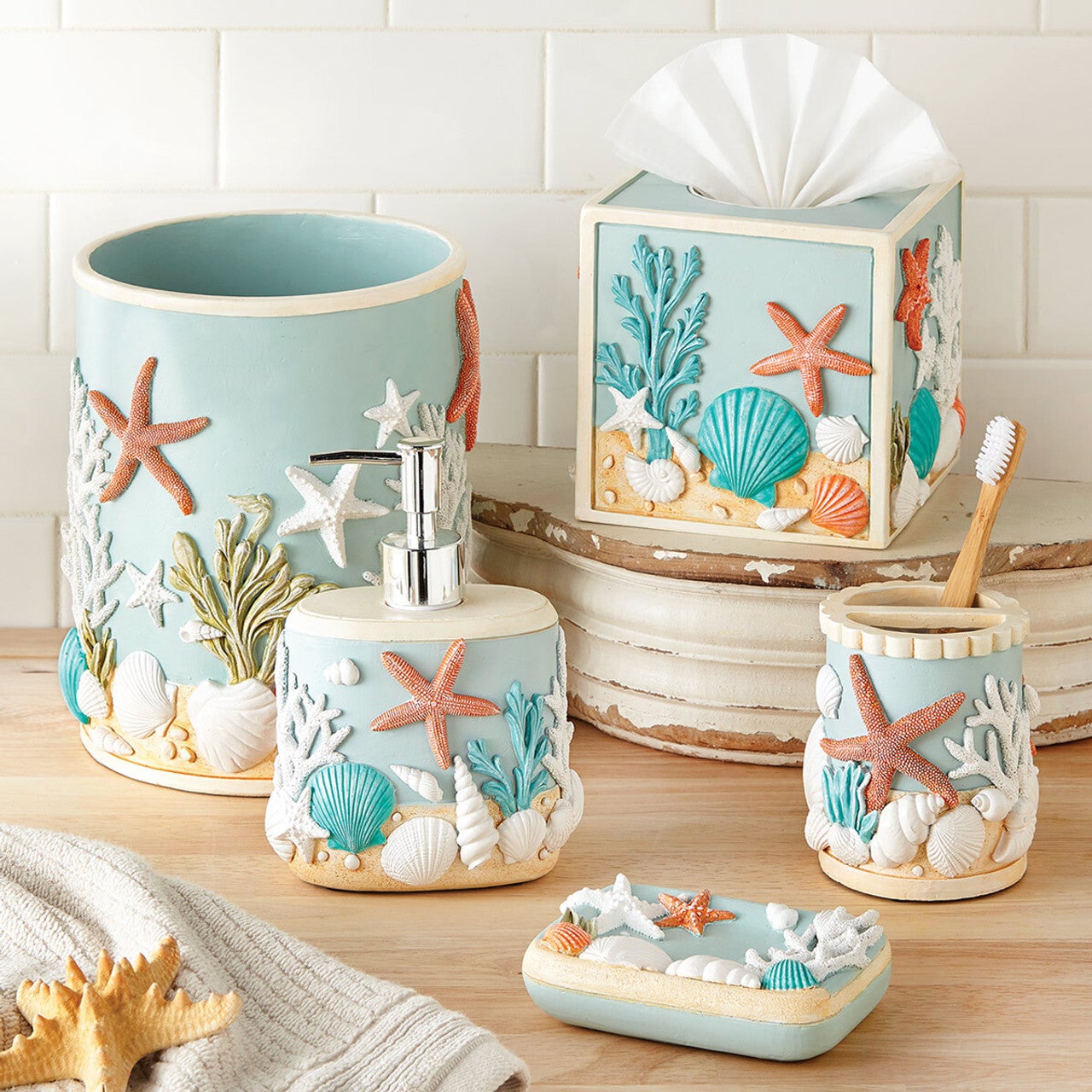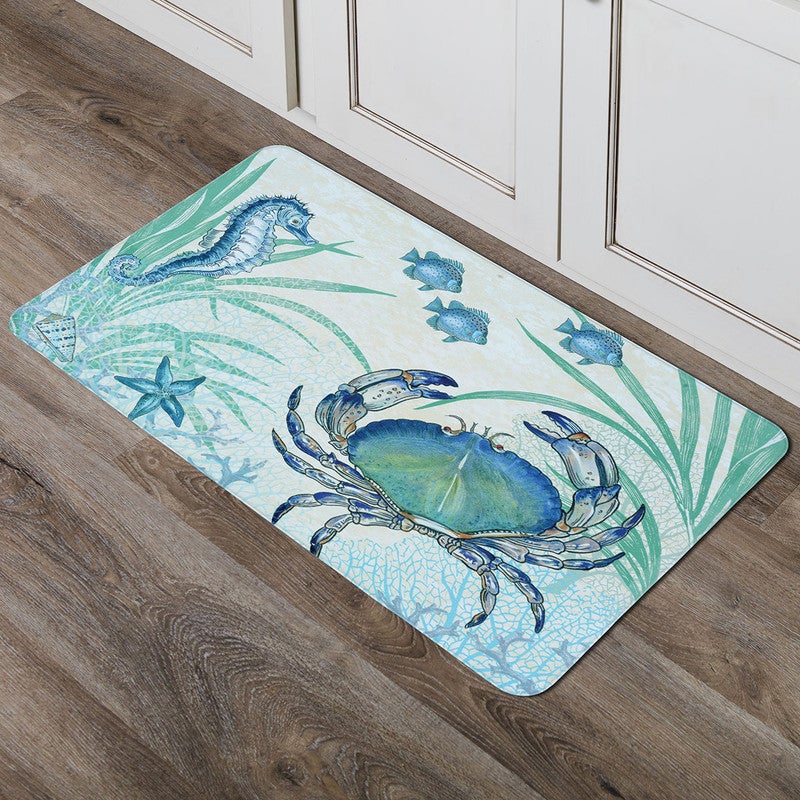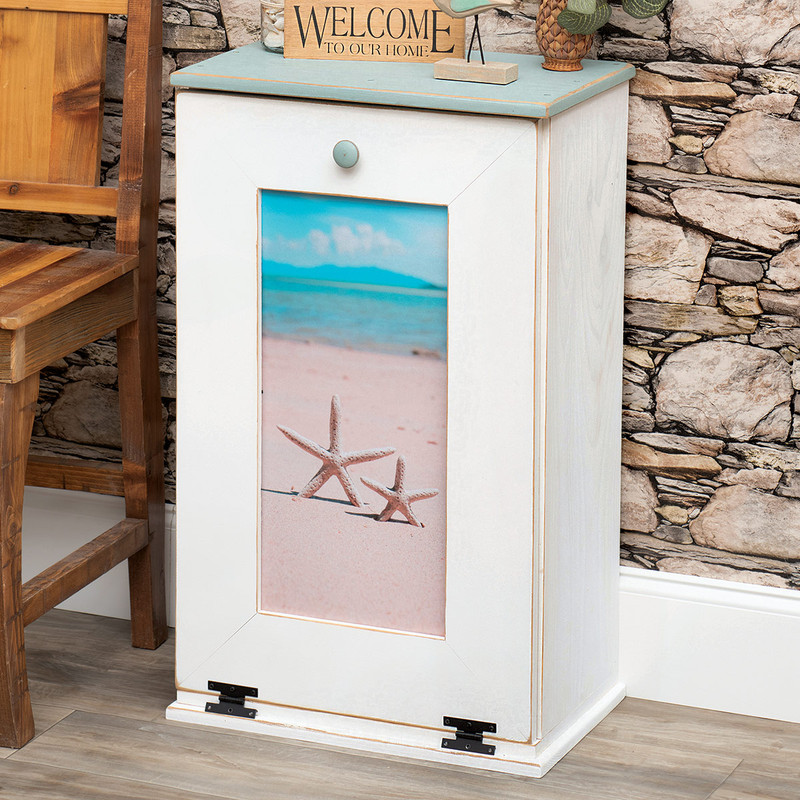Which Pool Is Right for You: Fresh or Salt Water
Mar 1st 2019
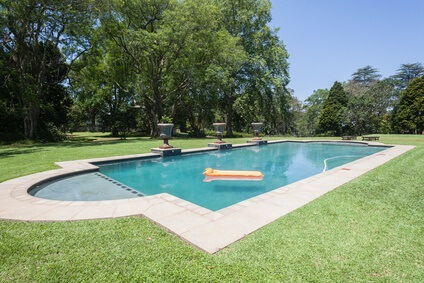 Saltwater and freshwater pools each have their pros and cons. Some mistakenly think a saltwater pool is chlorine free. That's not true. Both types have chlorine; the difference is in how the chlorine gets into the pool. Most discussions on the pros and cons usually come down to cost and that chlorine difference.
Saltwater and freshwater pools each have their pros and cons. Some mistakenly think a saltwater pool is chlorine free. That's not true. Both types have chlorine; the difference is in how the chlorine gets into the pool. Most discussions on the pros and cons usually come down to cost and that chlorine difference.
Pros And Cons of Freshwater Pools
The main pro of a freshwater pool is that the pump and filters are easy to maintain. Another benefit is that if the system is thrown out of balance, it can be brought back quickly through shocking and similar actions. For many homeowners, the cost and time involved with pool maintenance are well worth it to be able to enjoy the beauty and relaxation of a backyard pool. For others, the headaches involved with testing and maintaining the proper levels of the chemicals needed for a freshwater pool are enough to make them wish they never had one.
Chlorine is what keeps the water in a pool sanitary and free from algae and bacteria. In freshwater pools, that means adding the chemical to the pool. For the chlorine to be effective in freshwater pools, the pH level (the balance between acidity and alkalinity) needs to be maintained in a certain range. If acidity is too high, corrosion may occur with metal equipment and chlorine will dissipate quickly. If too much alkalinity, the water can become cloudy, scaling can occur, and the chlorine can't sanitize as well. Depending on the climate and amount of sunshine, chemicals may need to be added weekly, or more often, to keep the balances where they belong.
The exact cost of the chlorine needed for a freshwater pool varies greatly. How often you need to backwash your pump filter, how stable the pH levels are maintained, and the length of your pool season all play a part in the cost. How often and how much it rains, and how much water needs to be added to compensate for evaporation during the season are also factors. Typically, though, it will amount to hundreds of dollars.
For many, the higher levels of chlorine required for a freshwater system means irritated eyes and itchy, dry skin. There can be a strong chlorine odor that can linger on skin and swimsuits. High levels of chlorine can fade swimsuits, and regular exposure can dry out and damage hair. Most of these effects can be minimized by maintaining the proper chemical balances; however, that can be difficult since levels can vary from day to day, or even within the same day.
There are alternatives to chlorine for freshwater pools, but the effectiveness is debatable, and the costs can be quite a bit higher. In some cases, chlorine will still be needed in some amount. PHMB (known by the brand names Baquacil and Softswim) works as a pathogen without chlorine, but it does nothing for algae or oxidation, so added chemicals are necessary. PHMB-based pools also need their filters cleaned more often than other pools.
Pros And Cons of Saltwater Pools
A major pro for saltwater pools is that chemical chlorine is not used. Instead, a salt cell uses electrolysis to break down salt and produce chlorine. This chlorine is eventually converted back to salt in the pool. Once the system reaches a balance, only minimal amounts of salt need to be added during the season. This method results in the elimination of that chlorine odor, and none of the irritation and dryness chemical chlorine causes.
A problem some saltwater pool owners have is a "set it and forget it" mentality. While maintenance is greatly reduced, weekly testing is still necessary to ensure pH, and salt and chlorine levels are maintained. Even so, the cost for chemicals will be much less than the cost for an equivalent sized chlorine-based freshwater pool.
Even though the actual salt levels are only 1/10th the saltiness of seawater, corrosion could still possibly be an issue. Usually this happens when a freshwater system is switched to saltwater. Liners, underwater lighting, ladders, diving boards, fixtures, heaters, and more have been damaged. There are reports of masonry and stone decks being eroded. With the proper materials and coatings, however, these problems are reduced, or eliminated. Older systems may require some overhauling, but pools being newly constructed can address that issue at the start.
There are issues with backwashing or lowering the pool level in winter (for those who don't or can't keep it open year round). Though the salt levels are low, they are high enough to damage plants and grass. In some parts of the U.S. where salinity is already an issue, discharging into sewer systems is illegal. It's not just a saltwater pool problem, though. Freshwater pools with chlorinated water also face discharge restrictions in many areas.
The initial cost of a saltwater generator system can run from around $500 to thousands of dollars, but it can pay for itself in a few years in reduced chemical costs. Moreover, saltwater pool owners would say that time spent in the pool rather than in maintenance of the pool is priceless.
The Choice Is Yours
Both systems have their advantages and disadvantages, and both have ardent advocates and detractors. Some saltwater owners have reverted to freshwater, but the installation of saltwater pool systems has skyrocketed. It comes down to which system has enough pros to outweigh whatever cons there may be for you.

